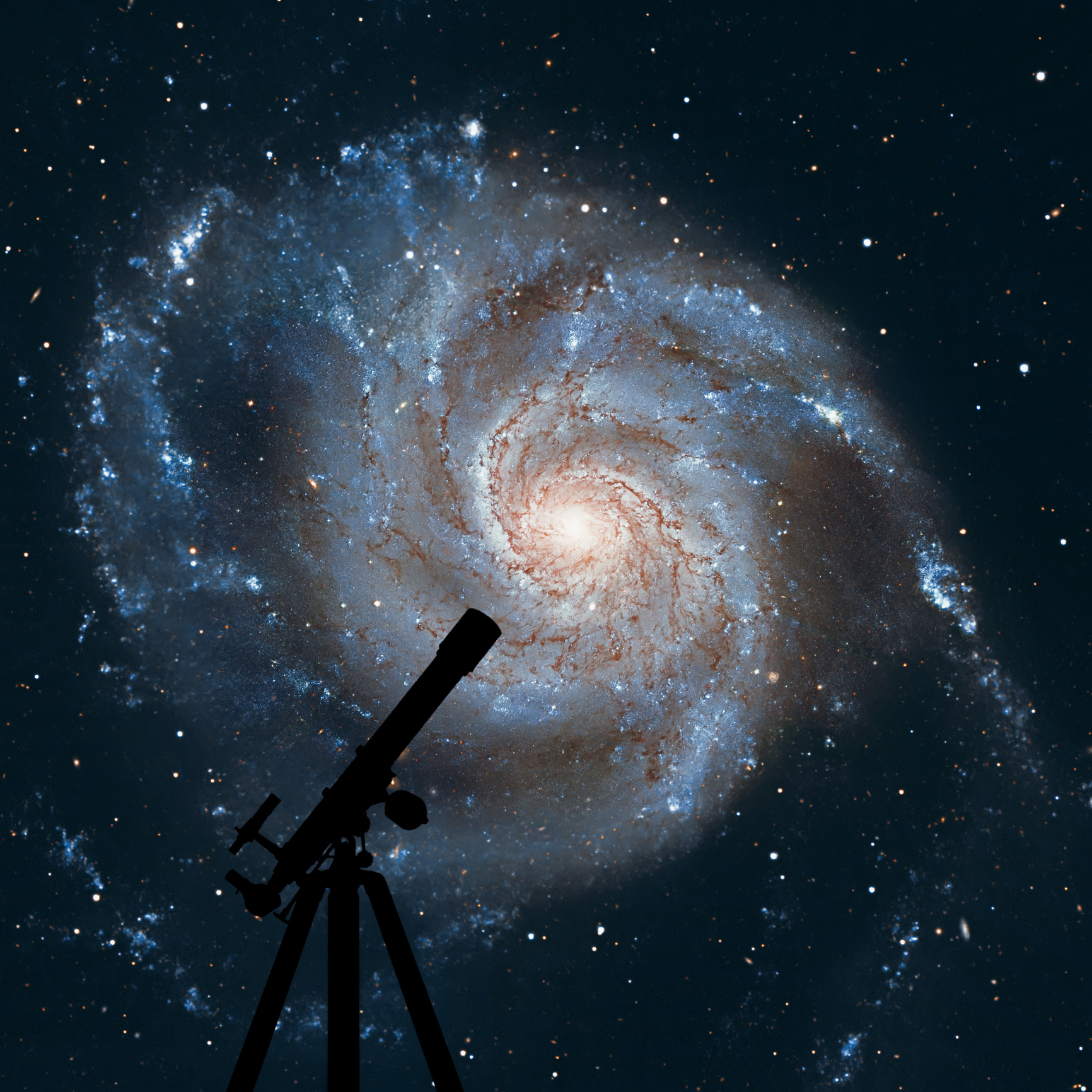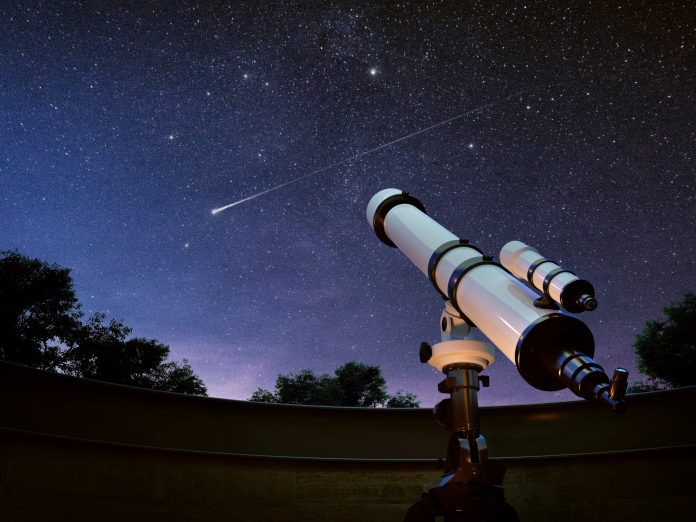The Euclid space telescope, aimed at unraveling the mysteries of the Universe, has been launched aboard a SpaceX Falcon 9 spacecraft from Florida’s Cape Canaveral
The UK Space Agency (UKSA) and the Science and Technology Facilities Council (STFC) have invested £37 million in the Euclid Space Telescope.
They played a vital role in the instrument design and development, as well as funding UK astronomy teams who will analyse the mission’s data.
Euclid space telescope: Mapping the Universe in 3D
Euclid, which will join the James Webb Space Telescope in orbit at L2, aims to create a three-dimensional map of the Universe.
By observing billions of galaxies, scientists will chart their position and velocity, providing insights into the expansion and evolution of the Universe over time.
This data will help understand the role of gravity, dark energy, and dark matter.
Breakthrough in cosmic world expected
Professor Andy Taylor from the University of Edinburgh, the lead of the Euclid UK Science Ground Segment and the Euclid Gravitational Lensing Data Analysis, believes Euclid will revolutionise cosmic science.
By exploring dark matter and dark energy, Euclid will deepen our understanding of the Universe’s nature, representing a significant breakthrough.

An effort of European Space Agency and leading scientists
The Euclid Space Telescope is led by the European Space Agency and a consortium of 2,000 scientists from 16 countries.
It will spend six years in space equipped with a UK-built visible imager and a French-developed near infrared spectrometer and photometer.
This international collaboration brings together experts from 300 organizations across Europe, the US, Canada, and Japan.
UK’s growing role in advancing space science
The successful launch of the Euclid Space Telescope not only signifies a major milestone in our quest to understand the mysteries of the Universe, but it also highlights the growing prominence of the United Kingdom in the field of space exploration.
With its significant investment in the Euclid mission and contributions to instrument design and development, the UK has solidified its position as a key player in advancing space science.
The collaboration between the UK Space Agency, the Science and Technology Facilities Council, and renowned British universities demonstrates the nation’s commitment to pushing the boundaries of knowledge and shaping the future of space exploration.
As the UK continues to expand its role in space research, exciting new discoveries and breakthroughs are on the horizon, further establishing the country’s scientific prowess on a global scale.











